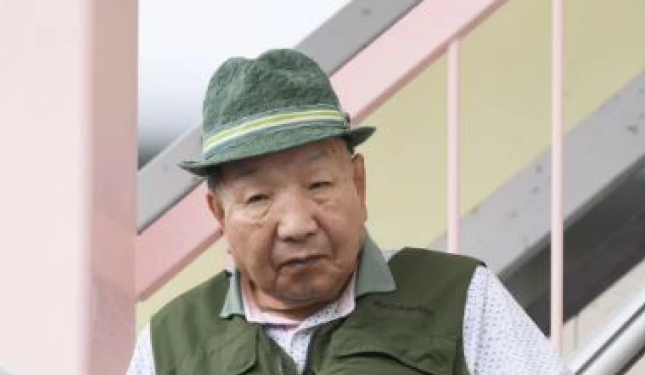An 88-year-old Japanese man, Iwao Hakamada, who is believed to have spent the longest time on death row globally, was acquitted of murder on Thursday, bringing an end to a nearly 60-year-long ordeal.
The Shizuoka district court cleared Hakamada of the 1966 murders of four people in the central Japanese region, marking a significant victory for his family, particularly his sister, Hideko Hakamada, who had fought tirelessly for decades to prove his innocence.
“When I heard the words ‘not guilty,’ I was so moved and happy, I couldn’t stop crying,” Hideko said in an emotional televised briefing.
Hakamada had spent 45 years on death row before being released in 2014 when a court ordered a retrial, raising serious doubts about the evidence used to convict him.
He had been accused of stabbing his former boss and his family to death and setting their home on fire. Although Hakamada briefly confessed to the crime, he later retracted his confession, maintaining his innocence. Despite his retraction, he was sentenced to death in 1968, a sentence upheld by Japan’s Supreme Court in 1980.
One of the three judges in the original trial, Norimichi Kumamoto, later expressed his belief in Hakamada’s innocence, petitioning for a retrial in 2008. However, this request was initially denied by the Supreme Court.
The case gained renewed momentum when Hakamada’s lawyers presented DNA evidence showing that the blood on the clothing, supposedly belonging to Hakamada, was not his. This new evidence played a pivotal role in securing his acquittal.
Amnesty International hailed the court’s decision as a “pivotal moment for justice,” calling for Japan to abolish the death penalty. The rights group described the verdict as an “important recognition of the profound injustice” Hakamada endured for most of his life.
Japan’s Chief Cabinet Secretary, Yoshimasa Hayashi, refrained from commenting on the individual case but acknowledged the court’s ruling.



